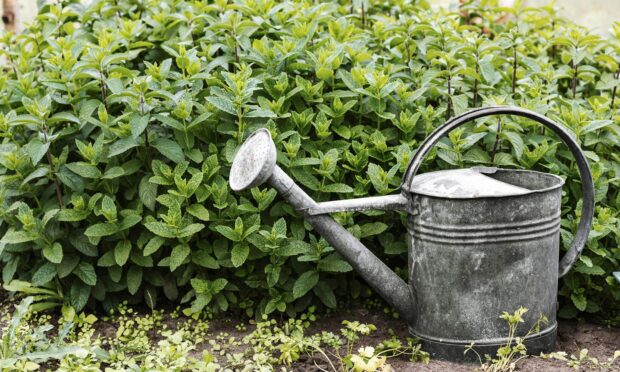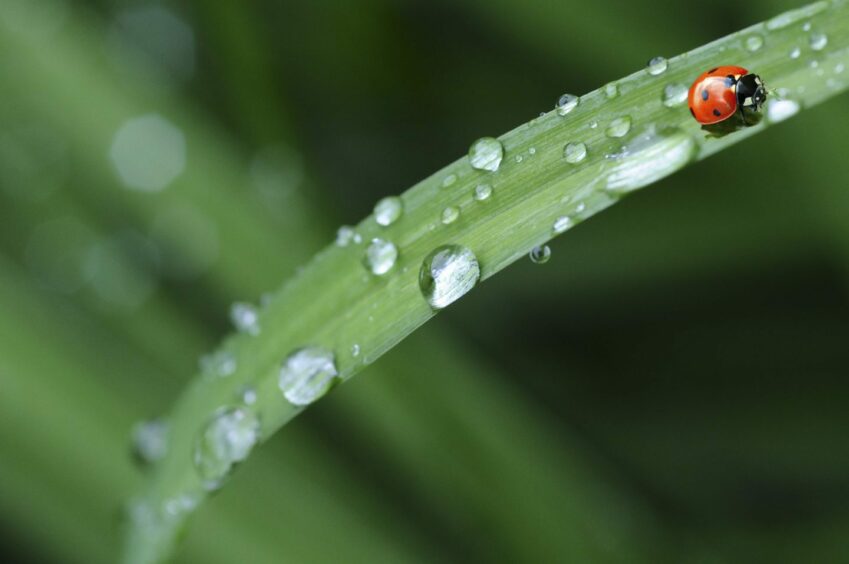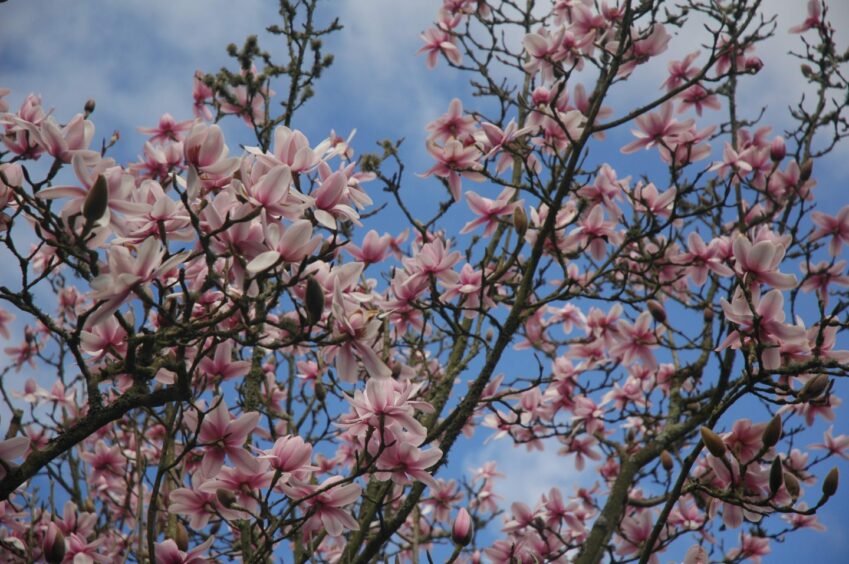Experts at Scottish Water are calling on green-fingered enthusiasts across the north and north-east to get into the garden this spring to make every drop of Scotland’s most precious natural resource count.
From drainage and home composting to water wise plants and harvesting rainwater, Dawn Lochhead, the flood risk manager at Scottish Water, says there are simple and cost effective ways to be water smart in our homes and gardens.
“Being water-smart in our homes and gardens is an easy thing we can all do to help redress the balance, help nature thrive and reduce flood risk for ourselves and our neighbours,” says Dawn.
Here are Dawn’s top tips:
Install a water butt
A useful way to harvest rainwater is to create a water tank. Buying and fitting a water butt is easy, but there are all sorts of hacks to reuse household items. Maybe using an old watering can, or a bin – there’s a host of creative videos online that are simple and free to do.
Creative upcycle
From budget planters to making DIY garden pots, there is something for all the family to get involved in while giving a new purpose to unused or unloved material. For example, turning an old sandbox into a garden bed is a great way to add colour to the smallest of spaces.
Learn to love your lawn
Let your lawn get back to nature. Letting it grow a little longer is great for bees and bugs. Summer dry spells can mean your lawn becomes parched – but that’s natural too and you’ll be amazed at how it can bounce back with the next rainfall.
Water wise plants
Large leafy plants, shrubs and trees scattered throughout your garden will absorb groundwater through their roots and catch some water on their leaves. They’ll also help to shelter exposed ground, saving it from damage caused by intense rainfall.
Create a rain garden
Rain gardens can be created simply, by digging down to create a dip at the lowest part of your garden, to help water drain into it. Plant the space with plants that like wet conditions but can also cope with period of dry weather.
Home composting
Composting is an inexpensive, natural process that transforms kitchen and garden waste into valuable and nutritious food for your garden.
Shades of grey water
Did you know the water you’ve already used to wash yourself, clothes and dishes is called ‘grey water’? And this grey water can be reused to water your plants or lawn – a bit of soapy washing up water will do your plants no harm.
Garden experiments
Why not identify an area where water naturally gathers during rainy days and plant vegetation that will thrive in that sort of soil, and do the opposite with a dry area.
Real vs artificial grass
Despite the increase in artificial grass over the last decade, nothing beats the real thing for water efficiency. And it can often be a much cheaper option.
Encouraging others
By encouraging everyone to consider small changes to their lifestyles, people can save water, save money and help reduce our collective emissions.






Conversation